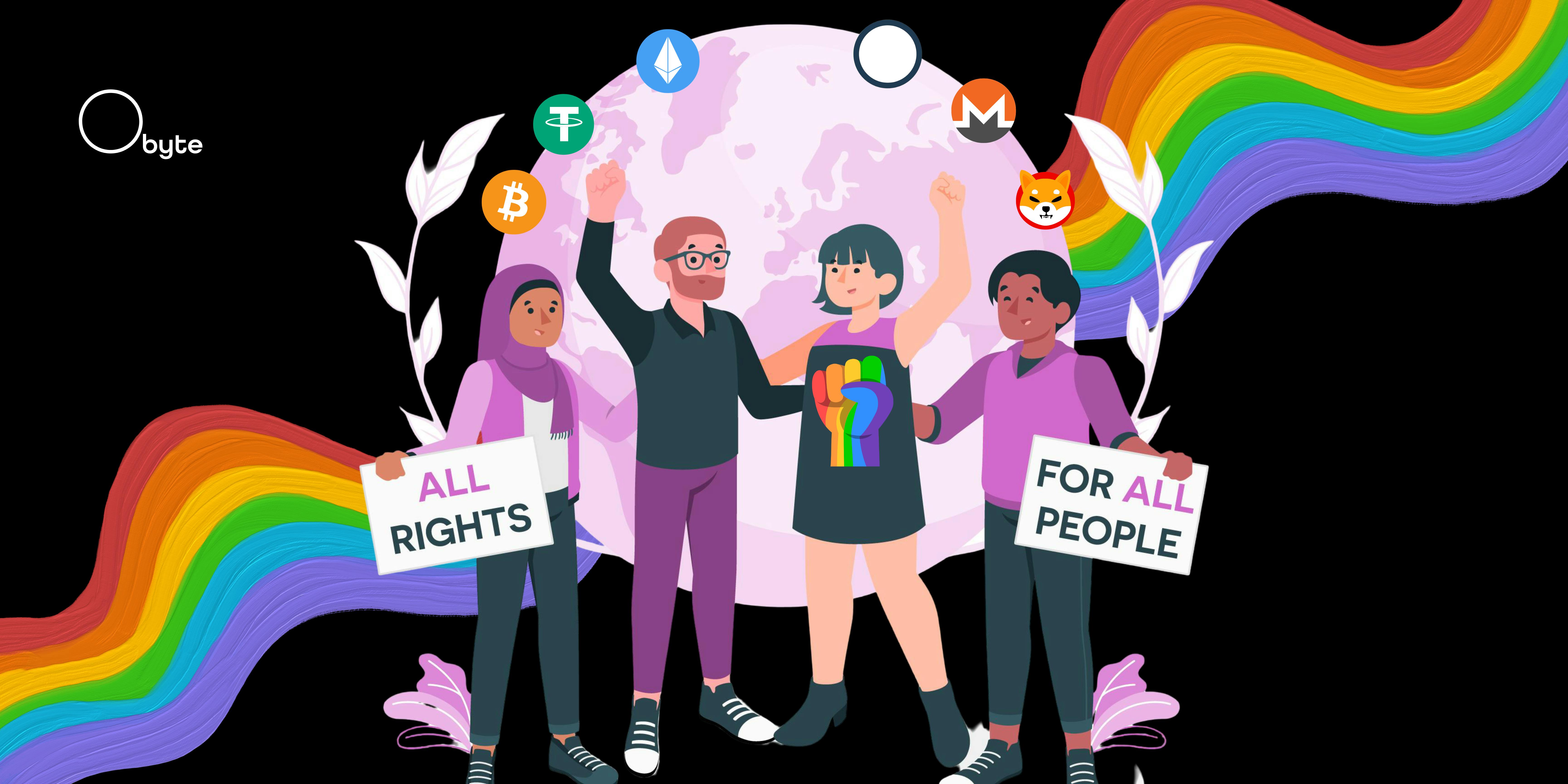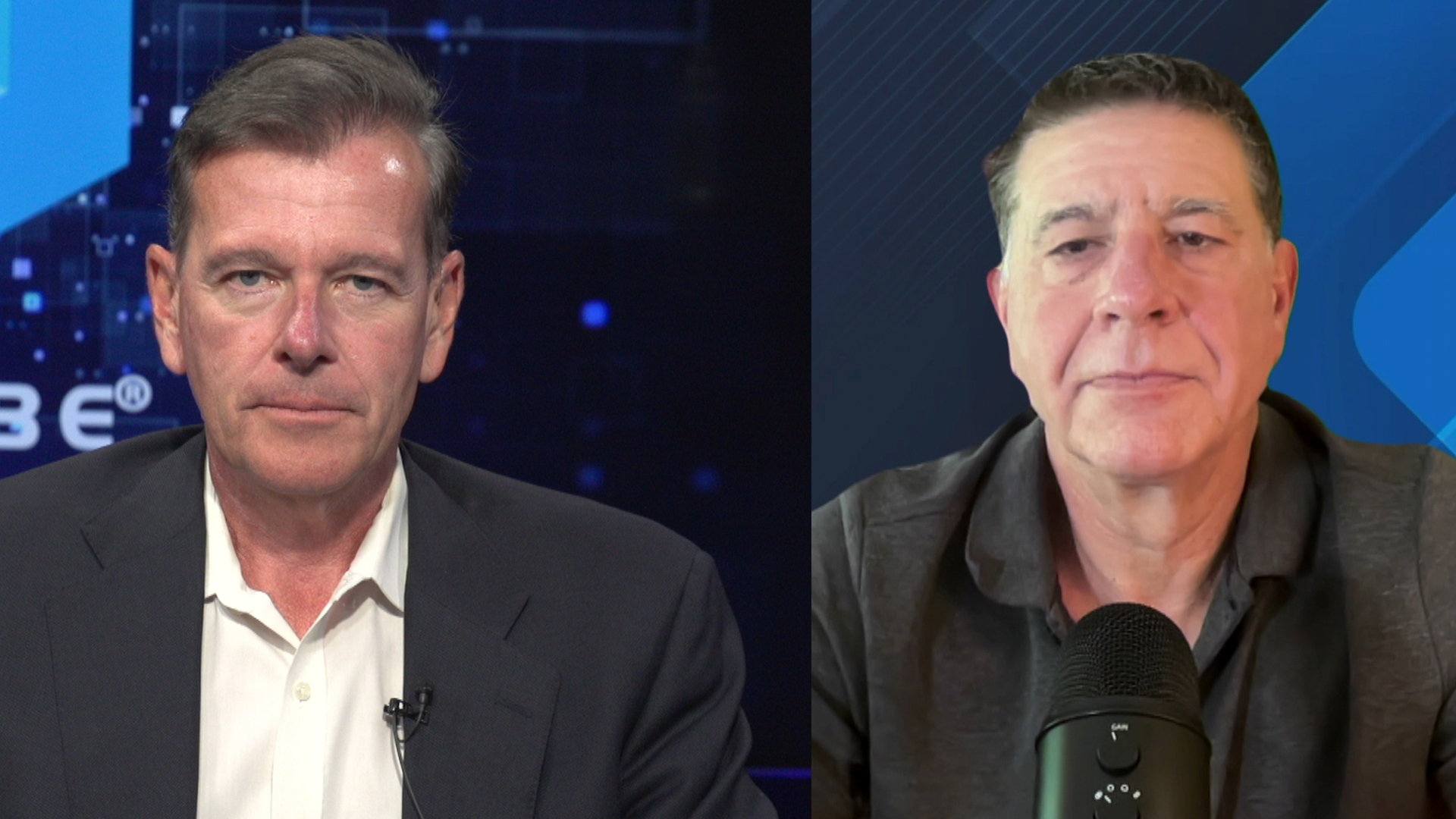When crypto first arrived on the scene, it came with bold promises: open access, borderless technology, and a fair system for anyone with an Internet connection. It wasn’t about what country you were born in, what you looked like, or who you loved. It was just code, cryptography, and people trying to build something better.
That’s why many saw crypto as naturally inclusive. You didn’t need specific abilities or requirements to contribute or participate. You didn’t even need to show your face. For the first time, people who were often left out of traditional systems had a way in. But now, as the tech world faces a broader pushback against Diversity, Equity, and Inclusion (DEI) efforts, it’s fair to ask: where does crypto stand?
Let’s take a step back and unpack what’s happening and why it matters.
What Is DEI, and Why Has It Become Controversial?
DEI stands for Diversity, Equity, and Inclusion. In simple terms, it’s about making sure workplaces are fair and welcoming to people of all backgrounds. That includes gender, race, sexual orientation, disability, and other factors that have often led to unequal treatment, especially in corporate spaces.
Over the past decade, DEI has become a big focus across many industries, from tech giants to retail chains. Hiring targets, employee resource groups, and mentorship programs, all of these were meant to help close long-standing gaps and bring more perspectives to the table.
But in recent years, the public conversation around DEI has shifted. In some places, it’s become a political flashpoint. Certain groups argue that these efforts go too far or create “reverse discrimination,” while others feel DEI is more about PR than real change.
The result? Some companies are quietly scaling back their DEI policies or
The Corporate Retreat
Across industries, big names are rethinking (or abandoning) their public commitment to DEI.
Meanwhile, companies like
Even sponsors of public events like Pride Month
Of course, DEI isn’t just about ideals—it can have real business impact, too. Studies like those
Removing DEI structures can also have unintended consequences inside organizations. A less inclusive culture may drive away top talent, and when that happens, innovation suffers. In short: the choice to drop DEI doesn’t just affect public image. It can affect the bottom line, too.
What About Crypto?
The crypto world doesn’t exist in a vacuum. It feels the cultural shifts, too. In fact,
Crypto networks, by design, don’t ask you who you are. They don’t care about your passport, your appearance, your identity, or even your name. You don’t apply to join a protocol. You just use it. You don’t have to “fit in”—you can fork the code and build your own thing.
In other words, inclusion in crypto doesn’t depend on a corporate promise or marketing campaign. It’s built into the infrastructure. Anyone can create a wallet. Anyone can send or receive value. No one needs permission.
This doesn’t mean crypto is perfect. Like every tech space, it still has gaps in representation, especially when it comes to leadership, funding, and visibility. But the protocol-level playing field is unique and worth highlighting.
When Inclusion Becomes a Trend… and Then a Liability
One reason crypto might feel more stable in this area is that it never turned inclusion into a brand strategy. Many corporations embraced DEI during times when it was seen as the right thing to do, or even the profitable thing to do. But now that the conversation has become politically heated, some are pulling back just as quickly.
That leaves the people who depended on those systems (mentorship, community outreach, fair hiring) without the support they were promised. It also raises a fair question: Was DEI ever truly about inclusion, or was it about optics?
Crypto, for the most part, didn’t rely on DEI as a selling point. It didn’t run ad campaigns about how inclusive it was. Instead, it just opened the gates to anyone with access to the tech. For those disillusioned by institutional backtracking, crypto can still offer something different. Not through press releases, but through actual access.
We Still Have Inclusive Spaces
Even as some institutions step back, grassroots DEI efforts in crypto continue to grow. Many of these aren’t backed by major corporations at all: they’re created by communities for communities.
Some examples:
HumanDAO focuses on creating income streams for underserved populations globally.Komorebi Collective funds female and non-binary crypto founders.- Black Blockchain Summit, Blockchain4Her, and Women in Blockchain Africa continue to create space for underrepresented female voices in the ecosystem.
These aren’t top-down decisions. These are people using the openness of crypto to build new paths, on their own terms.
So… What Should We Make of All This?
Let’s be clear: no system is flawless. Crypto has
That’s a big deal in a world where public stances can shift based on headlines or polls. Inclusion in crypto isn’t something a board can vote out. It’s not dependent on slogans. It’s in the very structure of how many of these systems work: permissionless, decentralized, and blind to everything except your key and your code.
Take
Crypto can’t solve every problem, but it does offer a foundation where participation isn’t based on approval, it’s open to everyone. And that’s something worth preserving. As users, builders, and community members, we don’t need to wait for approval from the top. We can choose to build inclusive spaces, support transparent projects, and keep the original spirit of crypto alive: open, borderless, and for everyone.
Featured Vector Image by storyset /















